#TrainingAVAF
The #DocuforumAVAF activity has returned to the university classrooms of Castellón in this 2022-2023 academic year thanks to the collaboration of Jaime Clemente’s professor, from the Department of Constitutional Law of the UJI.
The learning experience proposed by the Valencian Anti-Fraud Agency (AVAF) consists of several phases and aims to make students reflect on the importance of promoting integrity in public administration and protecting corruption whistleblowers.
The documentary “Corruption: harmful organism” is viewed in a first phase by students, in this case, from the subject of Constitutional Regulation and Fundamental Rights of the Fundamental Public Management and Administration degree. After it, they have the opportunity to formulate their doubts and questions on the subject, which are received by the technical staff of the AVAF.
Based on the concerns shown by the docuforum participants, the face-to-face session is prepared, where a training technician from the Agency explains the objectives and functions of the AVAF and guides the students in their debate on corruption in public administrations. On this occasion, Pilar Moreno was responsible for invigorating the session at the UJI in Castellón.
The debate in the classroom was dynamic thanks to the use of digital participation tools. This focused on answering questions from the students, giving full prominence to their concerns and resolving the issues raised. Among the doubts expressed, the concern about the relationship between corruption and the increase in poverty and class difference stands out, as well as why in Spain people who denounced corruption were not protected.
A total of 29 students participated in this learning experience in person, where they were able to share the different perceptions they had of public administration, society and the institutional system; being aware, furthermore, that young people and society as a whole can and should be agents in the fight against corruption in order to become active, conscious and free citizens.
If you are a university or high school teacher in the Valencian Community and you are interested in having the training activity “Docuforum: Corruption, harmful organism” carried out in your classroom, do not hesitate to contact the training service of the Valencian Anti-Fraud Agency at through formacion@antifraucv.es


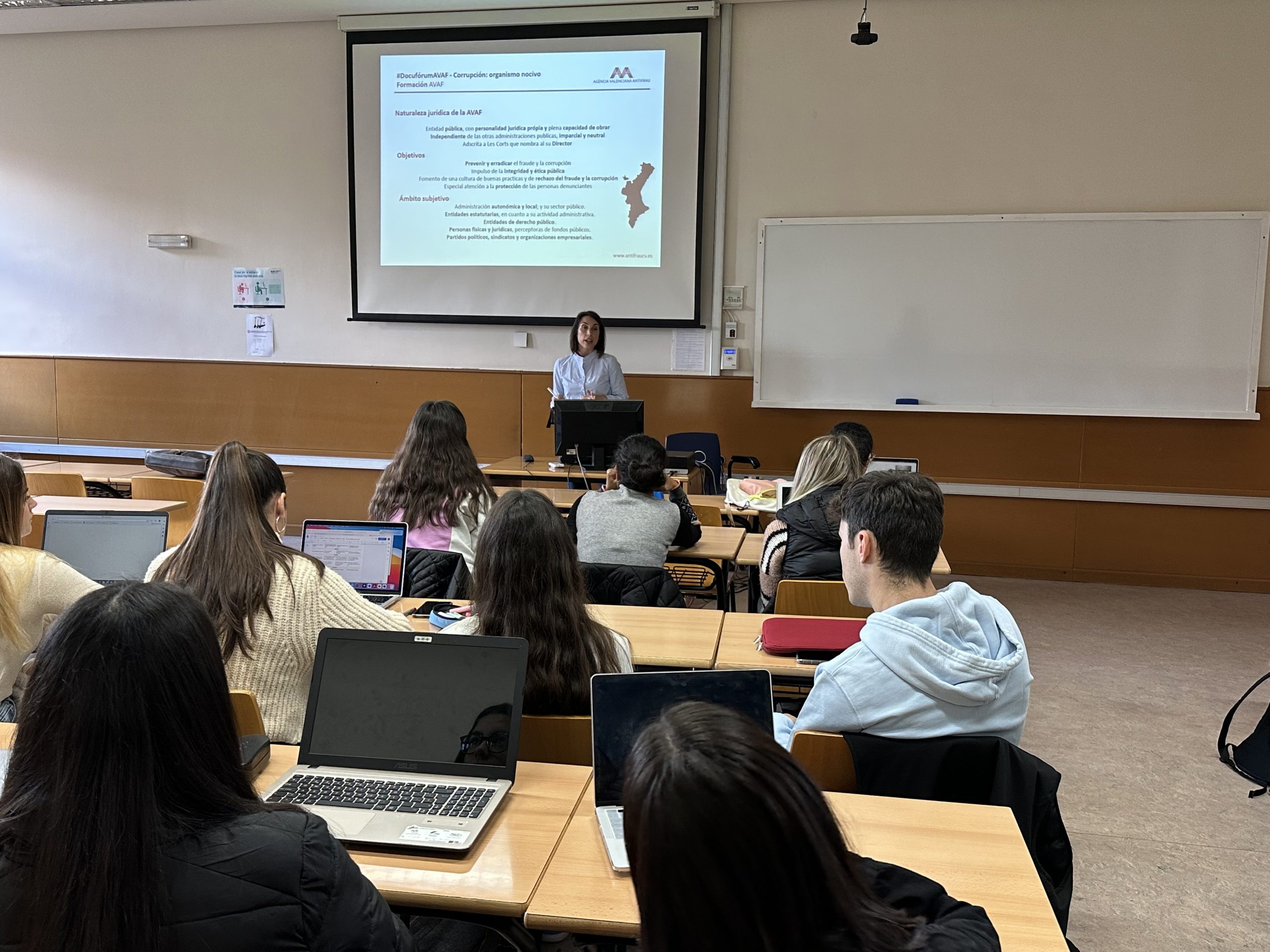
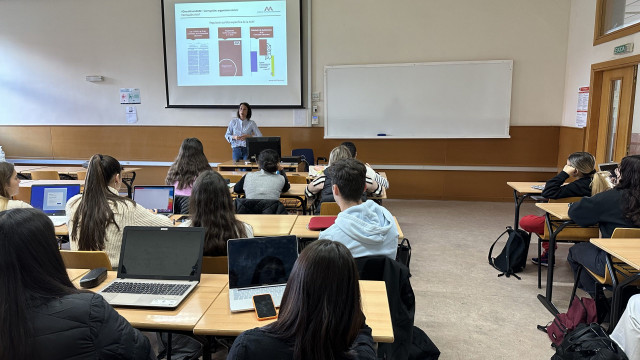
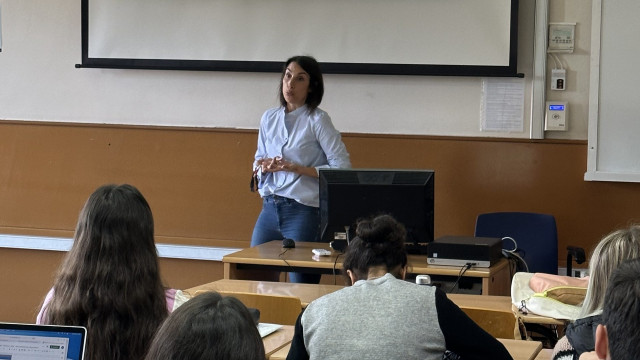
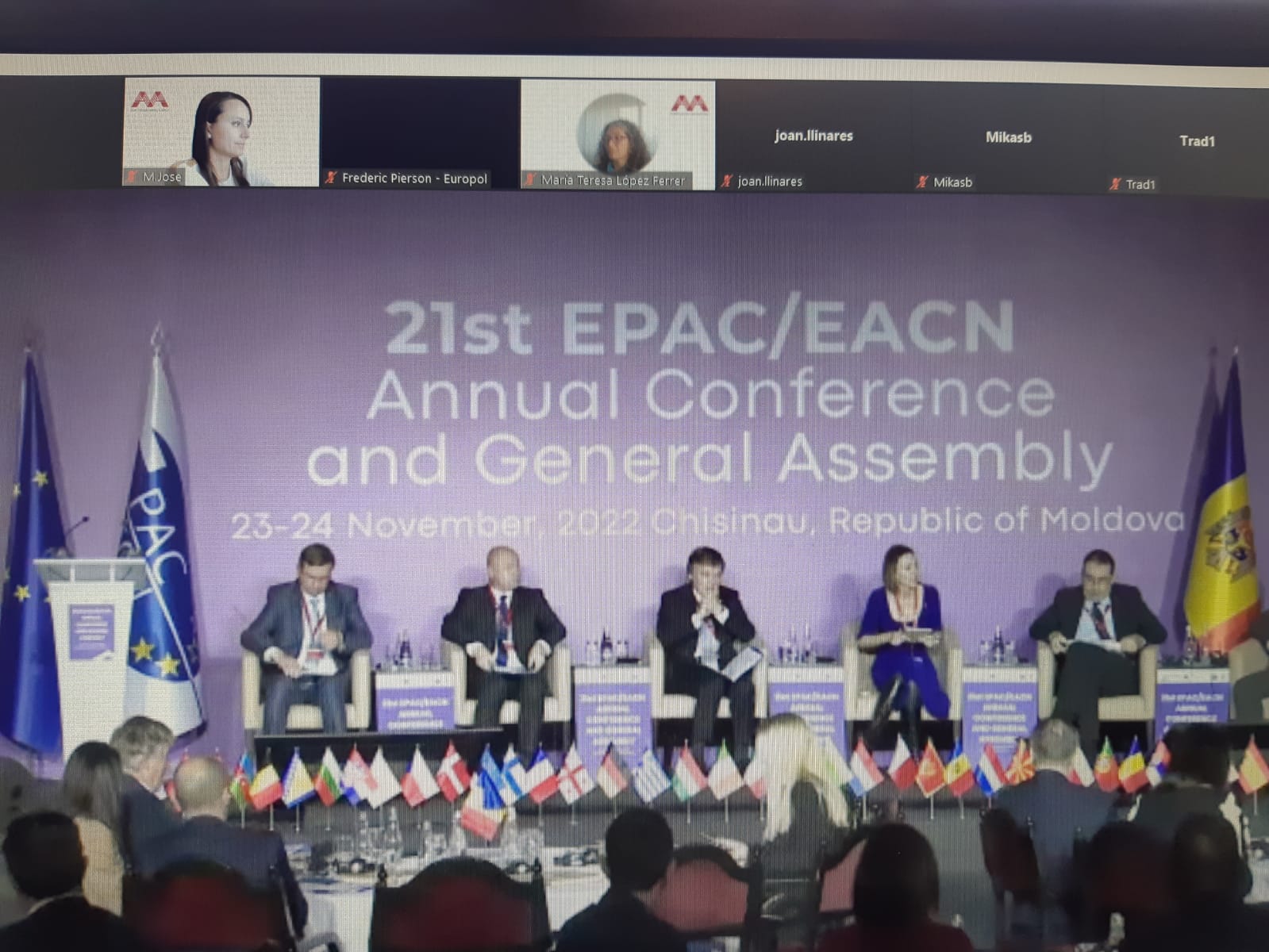
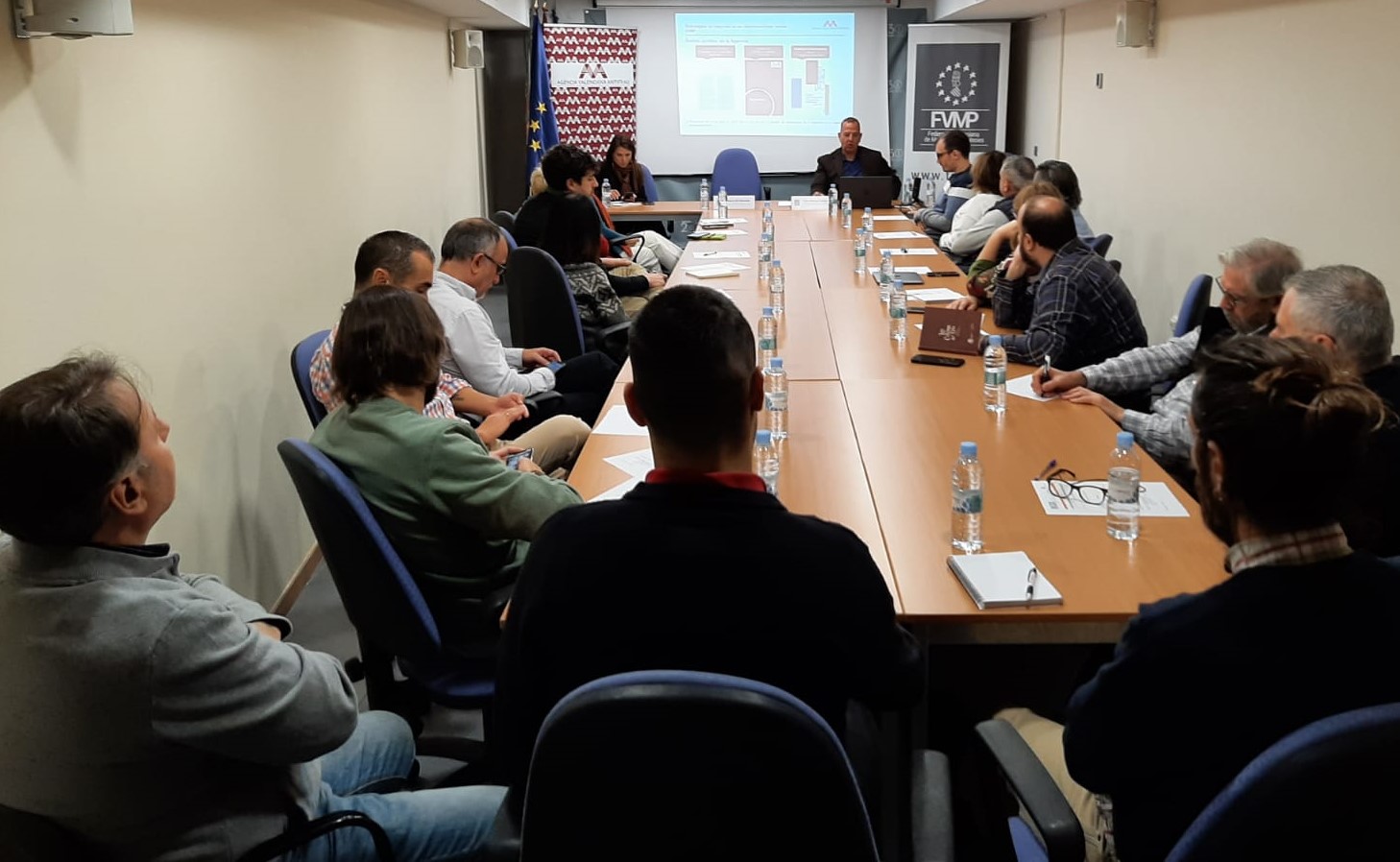
 #TrainingAVAF
#TrainingAVAF